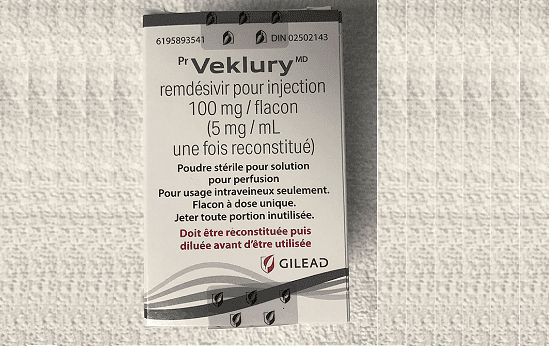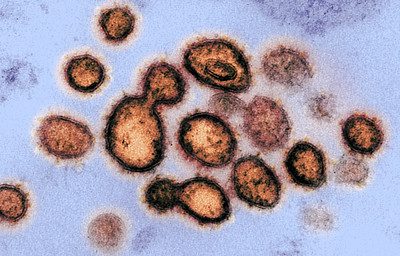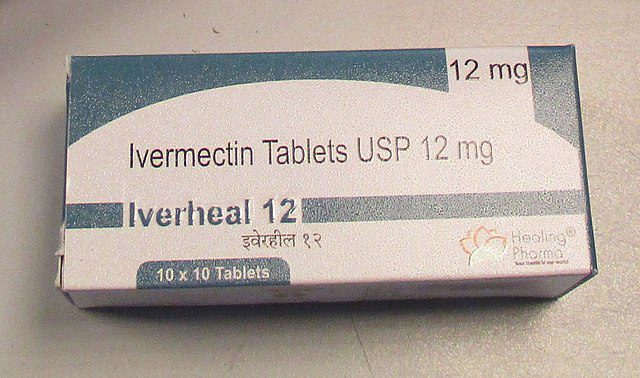
Preprint: Mutated SARS-CoV-2 variant resistant to remdesivir
A new preprint study shows that two kidney transplant patients treated with immunosuppressive drugs, and who later had a lengthy COVID-19 infection, developed a version of the virus with a genetic change that made it resistant to the antiviral therapy remdesivir.
Our work emphasizes the potential risk of immune escape in immunocompromised hosts, a scenario in which novel spike mutations evade a suboptimal immune response and contribute to recrudescence of symptomatic infection. Equally concerning are recent reports in immunocompromised hosts highlighting the proclivity of SARS-CoV-2 to develop spike mutations conferring resistance to immunotherapeutics after treatment with monoclonal antibodies.
As remdesivir use has become widespread, and we show that mutations associated with remdesivir resistance arise in vivo, our work emphasizes the importance of augmented surveillance efforts to detect clinically significant mutations in immunocompromised patients. Potentially foreshadowing an “endgame” scenario for the COVID-19 pandemic, complex cases like the ones described in this report may presage the eventual need for more advanced molecular diagnostics at the onset of illness to guide therapeutic decisions. It is reasonable to assess for new mutations in patients with prolonged illness who experience persistent infection despite initial therapy.
Preprint: Remdesivir resistance in transplant recipients with persistent COVID-19
Research: Remdesivir-induced emergence of SARS-CoV2 variants in patients with prolonged infection
Image by Doc James, CC BY-SA 4.0, via Wikimedia Commons



